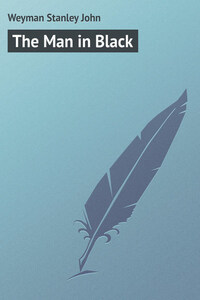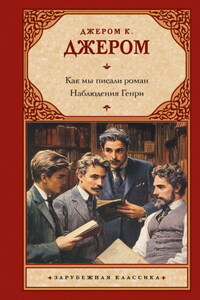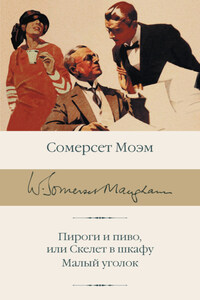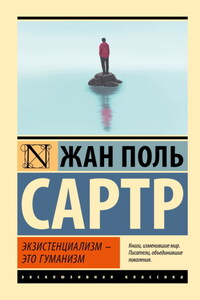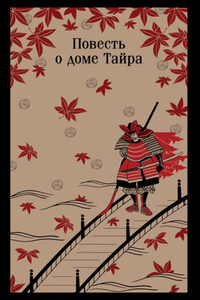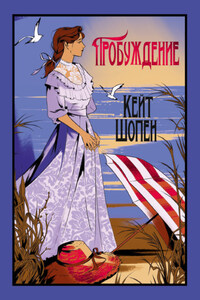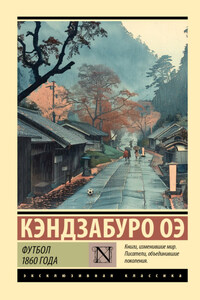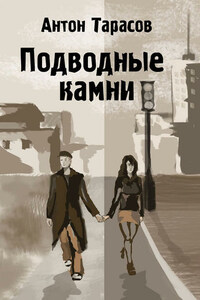CHAPTER I
The Fair At Fécamp
"I am Jehan de Bault, Seigneur of-I know not where, and Lord of seventeen lordships in the County of-I forget the name, of a most noble and puissant family, possessing the High Justice, the Middle, and the Low. In my veins runs the blood of Roland, and of my forefathers were three marshals of France. I stand here, the-"
It was the eve of All Saints, and the famous autumn horse-fair was in progress at Fécamp-Fécamp on the Normandy coast, the town between the cliffs, which Boisrosé, in the year '93, snatched for the Great King by a feat of audacity unparalleled in war. This only by the way, however; and that a worthy deed may not die. For at the date of this fair of which we write, the last day of October, 1637, stout Captain Boisrosé, whom Sully made for his daring Lieutenant-General of the Ordnance, had long ceased to ruffle it; the Great King had lain in his grave a score of years or more; and though Sully, duke and peer and marshal, still lived, an aged, formal man, in his château of Villebon by Chartres, all France, crouching under the iron hand of the Cardinal, looked other ways.
The great snarled, biting at the hem of the red soutane. But that the mean and Jacques Bonhomme, the merchant and the trader, flourished under his rule, Fécamp was as good evidence this day as man could desire. Even old burghers who remembered Charles the Ninth, and the first glass windows ever seen in Fécamp outside the Abbey, could not say when the price of horses had been higher or the town more full. All day, and almost all night, the clatter of hoofs and babble of bargains filled the narrow streets; while hucksters' cries and drunkards' oaths, with all raucous sounds, went up to heaven like the smoke from a furnace. The Chariot d'Or and the Holy Fig, haunts of those who came to buy, fairly hummed with guests, with nobles of the province and gay sparks from Rouen, army contractors from the Rhine, and dealers from the south. As for the Dame Belle and the Green Man, houses that lower down the street had food and forage for those who came to sell, they strewed their yards a foot deep with straw, and saying to all alike, "Voilà, monsieur!" charged the full price of a bed.
Beyond the streets it was the same. Strings of horses and ponies, with an army of grooms and chaunters, touts and cutpurses, camped on every piece of level ground, while the steeper slopes and hill-sides swarmed with troupes more picturesque, if less useful. For these were the pitches of the stilt-walkers and funambulists, the morris dancers and hobby-horses: in a word, of an innumerable company of quacks, jugglers, poor students, and pasteboard giants, come together for the delectation of the gaping Normans, and all under the sway and authority of the Chevalier du Guet, in whose honour two gibbets, each bearing a creaking corpse, rose on convenient situations overlooking the fair. For brawlers and minor sinners a pillory and a whipping-post stood handy by the landward gate, and from time to time, when a lusty vagrant or a handsome wench was dragged up for punishment, outvied in attraction all the professional shows.
Of these, one that seemed as successful as any in catching and chaining the fancy of the shifting crowd consisted of three persons-a man, a boy, and an ape-who had chosen for their pitch a portion of the steep hill-side overhanging the road. High up in this they had driven home an iron peg, and stretching a cord from this to the top of a tree which stood on the farther edge of the highway, had improvised a tight-rope at once simple and effective. All day, as the changing throng passed to and fro below, the monkey and the boy might be seen twisting and turning and posturing on this giddy eminence, while the man, fantastically dressed in an iron cap a world too big for him, and a back- and breast-piece which ill-matched his stained crimson jacket and taffety breeches, stood beating a drum at the foot of the tree, or now and again stepped forward to receive in a ladle the sous and eggs and comfits that rewarded the show.
He was a lean, middle-sized man, with squinting eyes and a crafty mouth. Unaided he might have made his living by cutting purses. But he had the wit to do by others what he could not do himself, and the luck to have that in his company which pleased all comers; for while the clowns gazed saucer-eyed at the uncouth form and hideous grimaces of the ape, the thin cheeks and panting lips of the boy touched the hearts of their mistresses, and drew from them many a cake and fairing. Still, with a crowd change is everything; and in the contest of attractions, where there was here a flying dragon and there a dancing bear, and in a place apart the mystery of Joseph of Arimathæa and the Sacred Fig-tree was being performed by a company that had played before the King in Paris-and when, besides all these raree shows, a score of quacks and wizards and collar-grinners with lungs of brass, were advertising themselves amid indescribable clanging of drums and squeaking of trumpets, it was not to be expected that a boy and a monkey could always hold the first place. An hour before sunset the ladle began to come home empty. The crowd grew thin. Gargantuan roars of laughter from the players' booth drew off some who lingered. It seemed as if the trio's run of success was at an end; and that, for all the profit they were still likely to make, they might pack up and be off to bed.
